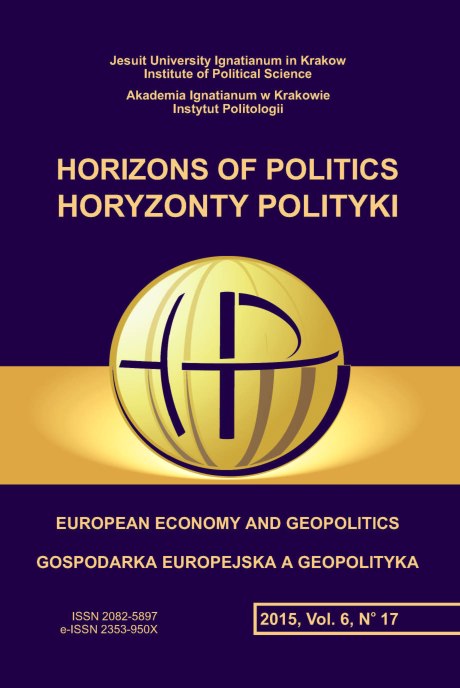Suitable Political System for Starting Point of European Integration and its Contemporary Impulse: Historical Perspective
Suitable Political System for Starting Point of European Integration and its Contemporary Impulse: Historical Perspective
Author(s): Shalva Khuphenia, Ignas DzemydaSubject(s): Politics / Political Sciences, Politics, EU-Accession / EU-DEvelopment
Published by: Uniwersytet Ignatianum w Krakowie
Keywords: integration;federalism;neo-functionalism;jurisdiction;decentralization;territory;functions
Summary/Abstract: What it meant by European Integration? We mean the historical process whereby European nation-states have been willing to transfer, or more usually pool, their sovereign powers in a collective enterprise. The European Union, which today contains twenty-eight member states, which has a complex institutional structure that includes a supranational central administration (the European Commission), an elected Parliament, a Court of Justice and a Central Bank, is the outcome of this processes. Many American and European scientists of the European Union have chided “intergovemmentalist” accounts for emphasizing the duration of member state authority over the process of European integration. This article attempts to prove these criticisms in a “historical institutionalist” account that mentions the importance of research on European integration as a political process which spreads over time. Such an aspect distinguishes the limitations of member-state control over permanent institutional improvements, due to a fixation with short-term interests, the existence of unexpected consequences, and actions that “lock in” past decisions and make affirmation of member-state control difficult. Short exploration of the development of social policy in the EC advocates the limitations of conducting the EC as an international regime promoting collective activity among sovereign states. It is important to view integration as a “path-dependent” process that has composed a dispersed, but still obvious “multitiered” European polity.
Journal: Horyzonty Polityki
- Issue Year: 6/2015
- Issue No: 17
- Page Range: 111-128
- Page Count: 18
- Language: English

